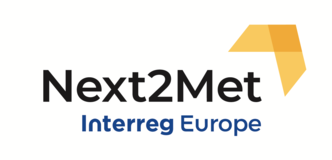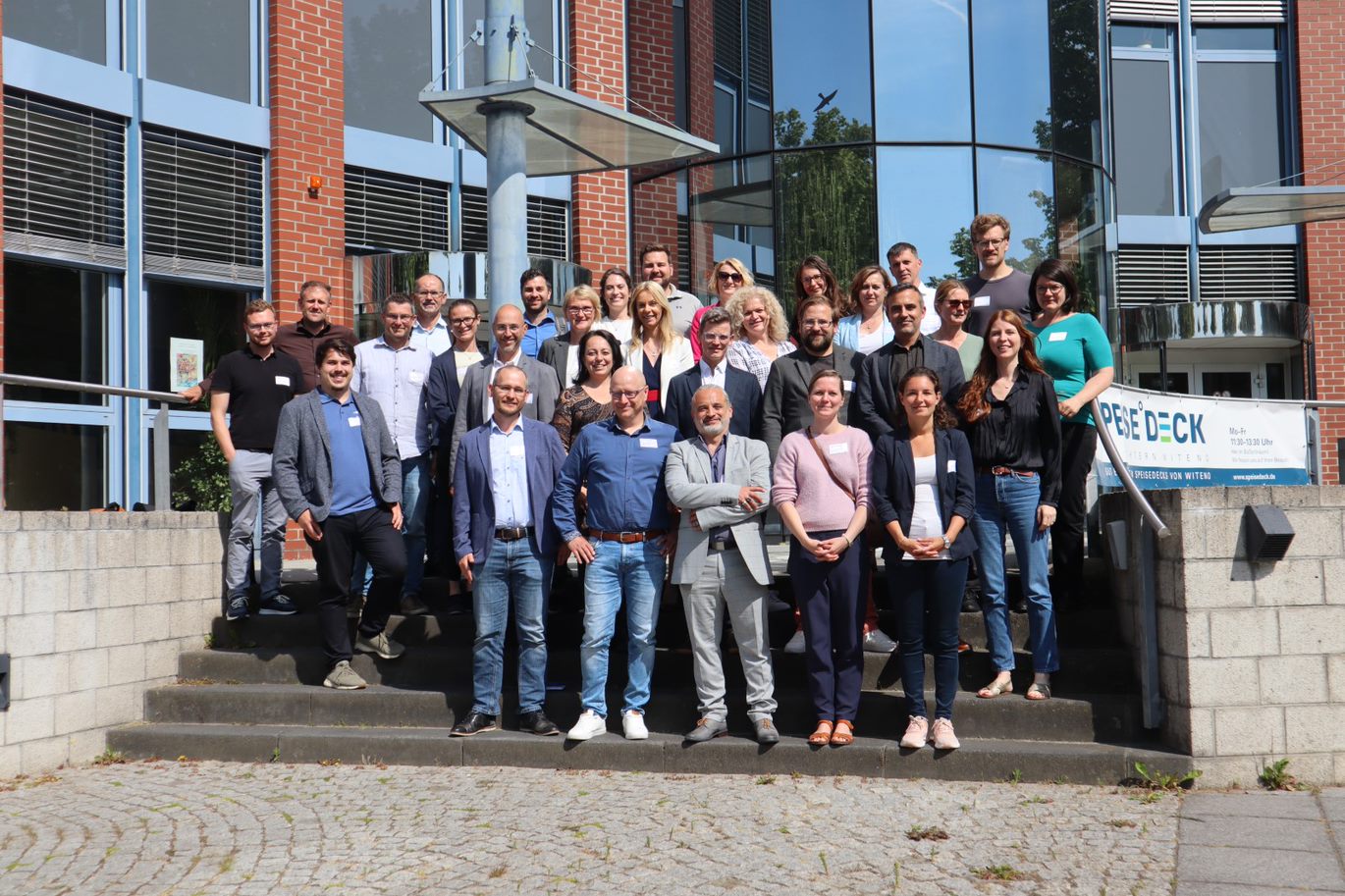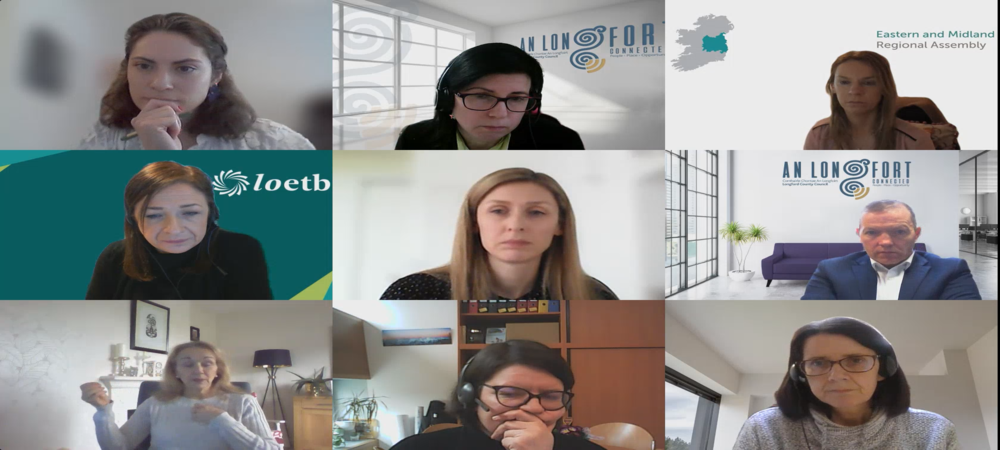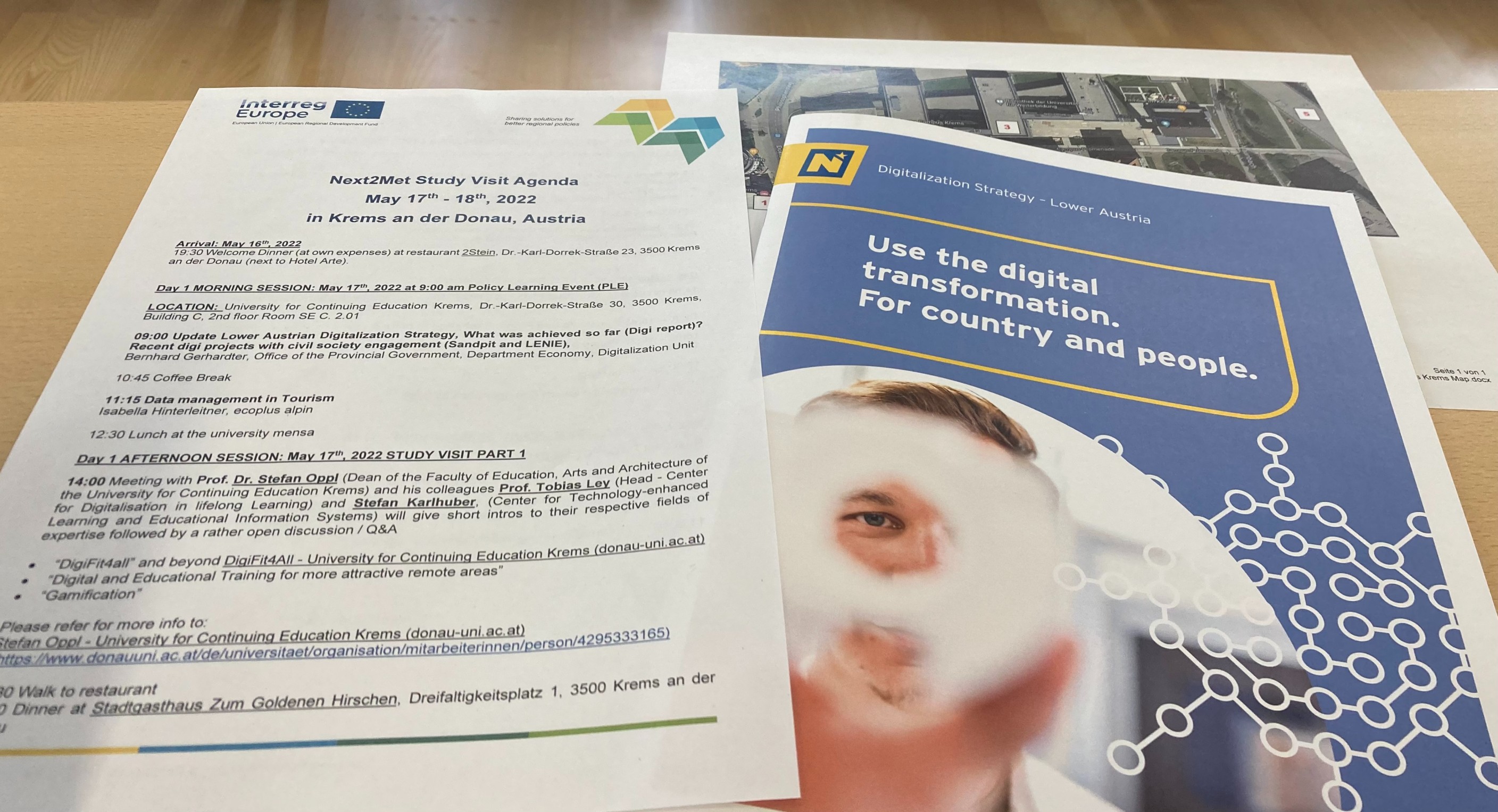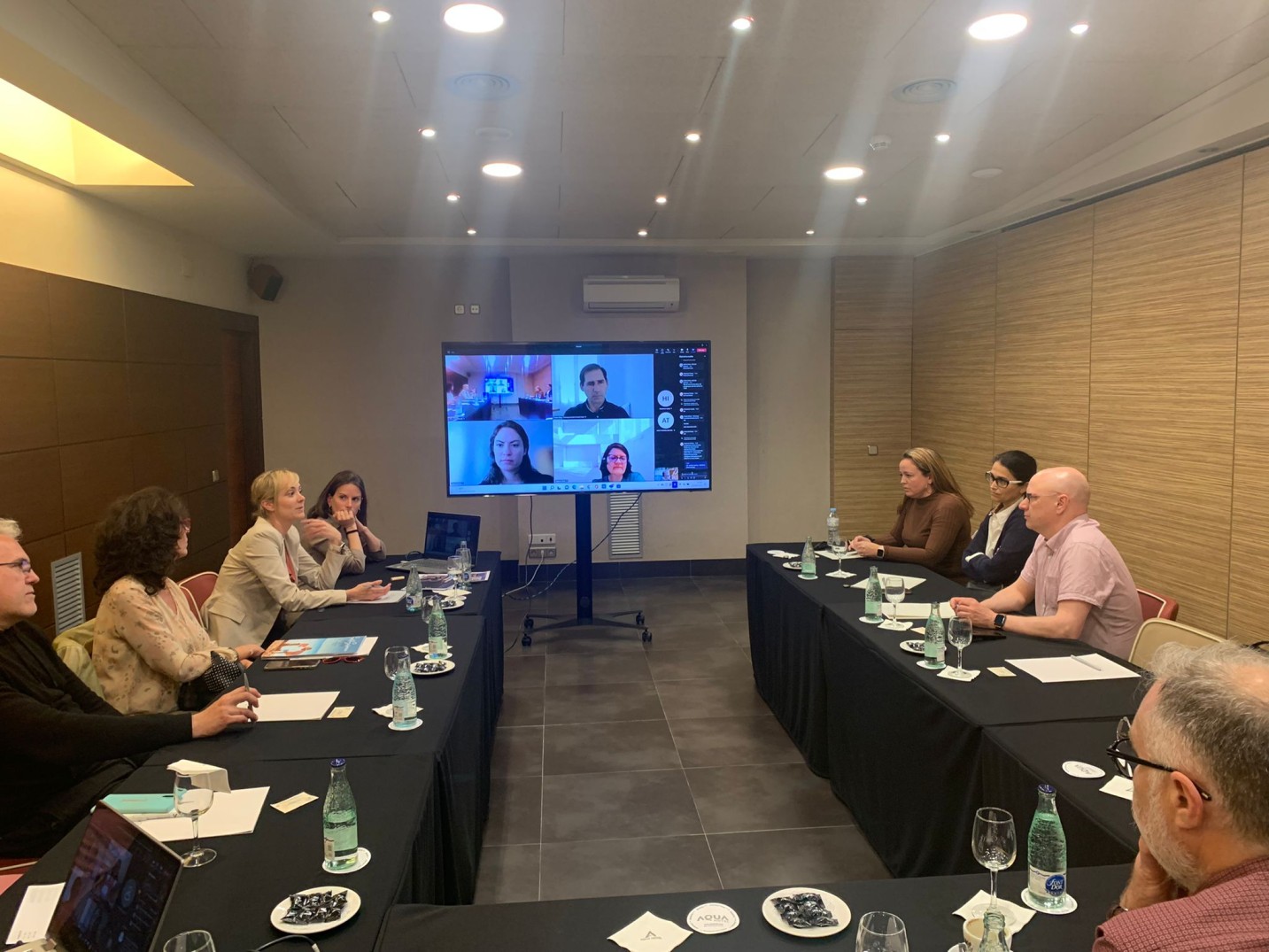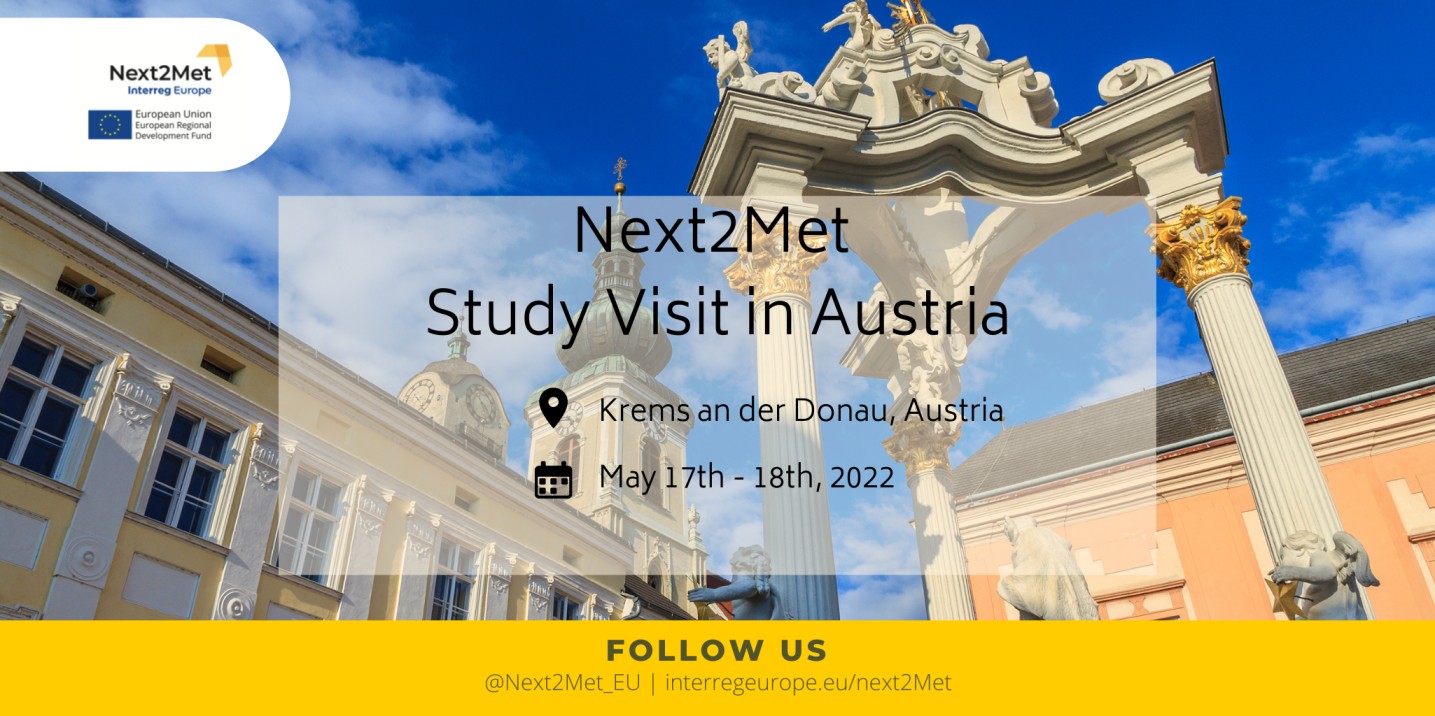We are proud to present you our partner, Barcelona Provincial Council. Discover more about them reading the interview below with Ana Duch from Diputació Barcelona.
Which institution/organisation do you represent and what is your role in the project?
Diputació de Barcelona (Barcelona Provincial Council) is one of the seven partners in the Next2Met project. Barcelona Provincial Council is a local public authority that provides technical, economic and technological support to the 311 municipalities in the province of Barcelona (Spain), fostering quality local services throughout the region. Its mission is to ensure progress and well-being for all the citizens in the territory by providing services to people, either directly or, above all, in cooperation with the municipalities themselves. To this end, Barcelona Provincial Council is determined to become a Smart Region: a community of Smart Villages and Smart Cities in which technology and citizens are the main drivers of change to achieve social, environmental and economic development for all, in line with the Sustainable Development Goals (SDGs).
Barcelona (Spain), fostering quality local services throughout the region. Its mission is to ensure progress and well-being for all the citizens in the territory by providing services to people, either directly or, above all, in cooperation with the municipalities themselves. To this end, Barcelona Provincial Council is determined to become a Smart Region: a community of Smart Villages and Smart Cities in which technology and citizens are the main drivers of change to achieve social, environmental and economic development for all, in line with the Sustainable Development Goals (SDGs).
Barcelona Provincial Council grants economic, technical and material resources to local governments through the Service Catalogue, our policy instrument. The main objective of the Service Catalogue is to rebalance territorial asymmetries, paying special attention to municipalities with less population, resources and infrastructures. We expect that the good practices and initiatives shared and exchanged by our Next2Met partners and stakeholders will serve as inspiration to improve our policy instrument and contribute to the elaboration of our Region Action Plan, with the objective to ensure social and territorial cohesion, stimulate local economic development, enhance employment and guarantee balanced, sustainable territorial development.
Why did you decide to join Next2Met?
The Smart Region project from Diputació de Barcelona promotes and supports the planning and development of smart initiatives in the province of Barcelona. With the aim of guaranteeing equity in the access to quality services to all citizens through the territory, the Smart Region initiative makes use of new technologies and digitalisation for a more efficient, environmentally sustainable and equitable management of services provision.
Within this project, one of the operational objectives is to facilitate participation in national and international projects for the development of smart solutions in the municipalities of the province of Barcelona. The Interreg Europe Next2Met project shared many of the objectives of the Smart Region project, i.e. to improve the attractiveness, opportunities and quality of life of territories close to metropolises through digitalisation. These common goals, as well as the shared challenges with the other participating regions in the Next2Met project, were the main reasons behind Diputació de Barcelona’s interest to join Next2Met.
What are the main assets and challenges of your region?
Some of the main assets or attractiveness factors of the province of Barcelona are: its strategic geographical location in the Mediterranean and good accessibility to the region; the quality of life and environment; the availability of talent and openness; an innovative and dynamic start-up ecosystem with an important attraction of foreign capital; and a diverse economic specialisation.
On the other hand, the main challenge of the region is the vast concentration of population, resources and infrastructures in the city of Barcelona and its metropolitan area. Therefore, supporting digital transformation and developing an innovation strategy that will allow to attract people, talent and economic activity to the rural peripheral areas, beyond the Barcelona metropolitan area, is key for a balanced territorial development in the region.
How do you see digitalisation and why is it essential for next2met areas according to you?
We believe digitalisation refers to the process related to both the development of new technologies and to the adoption of these technologies by society, businesses and governments. Therefore, a holistic approach to digitalisation that includes not only the necessary hard infrastructure, but also the “soft factors” of digitalisation (i.e., talent, mindset, skills, etc.) and the “soft” digital infrastructure (e.g., provision of digital services; development of innovation ecosystems; promotion of digital solutions, etc.), is key for its success.
Could you share with us a peculiarity/specialty of your territory?
The city of Barcelona is a major cultural, economic and financial centre, and one of the world’s leading tourist destinations. However, the region of Barcelona, with 311 municipalities – 85% of them with a population below 20,000 inhabitants – is a rich and diverse region that has a lot to offer and a huge potential to attract people, talent and economic activity. In other words, Barcelona is much more!
